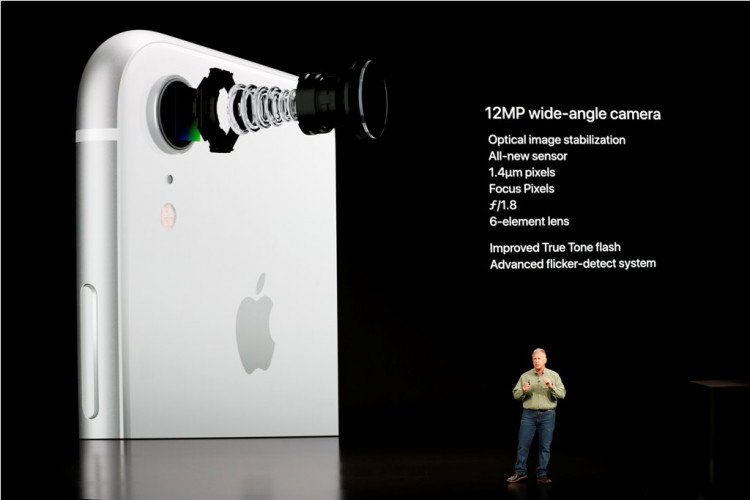Apple' phones are starting to lose out on many other premium smartphone brands' camera offerings. This will be changing soon.
September is around the corner, and any tech enthusiast knows that this is the time Apple will be announcing a new lineup of smartphones already. Any loyal Apple user will also know that the upcoming models will just be named iPhone 11, iPhone 11 Pro, and iPhone 11 Pro Max, following the last offerings.
While many are starting to entertain other phone brands because of their impressive camera offerings, many are still staying behind with Apple, so used they are to the company's iOS system and phone quality. Still, if fans have been not as impressed in the past with the quality of iPhones' camera system, this may change with the incoming models. According to Business Insider, the biggest difference between last year's iPhones and the upcoming models will be their camera system.
Those who will be upgrading to these models can expect a camera enhancement in the form of a third, wide-angle lens.
iPhone 11 is reportedly the upgrade of iPhone XR. iPhone 11 is said to have two rear lenses instead of one. Also, iPhone 11 Pro and iPhone Pro Max, the upgrades of iPhone XS and XS Max, are said to have three lenses now instead of two.
Some may not be impressed by the additional lens but it is certainly a significant upgrade from previous camera phones. The older iPhone models only have dual-camera systems. Users can only enjoy traditional wide-angle lens as well as a telephoto lens that enables them to make 2x optical zooms. With the third lens, potential iPhone 11 Pro and 11 Pro Max can enjoy ultra-wide-angle lens, giving more details to their shots.
The issue may well be that some Android phones, those premium ones rivaling iPhones, already have this feature. Their owners can vouch for the fact that having ultra-wide-angle lens is one of the main features that make Samsung's Galaxy S10 stand out from its competitors. LG G5 and V20 also have this feature already, even though they were launched way back in 2016. This feature of the LG G5 received a lot of praises at the time too.
Apple may be coming late in the game, but these camera updates are already necessary. Some will scoff at it because they have already been enjoying this feature with their Android phones, but without this upgrade, iPhone's camera will stop being a major selling point altogether. It already lost the mobile photography crown way back in 2016 to Google's Pixel camera and is yet to catch up three years later. This feature will probably allow it to catch up a bit, finally.






